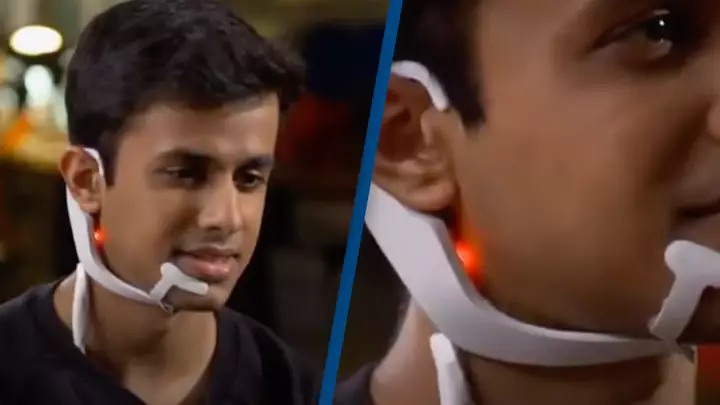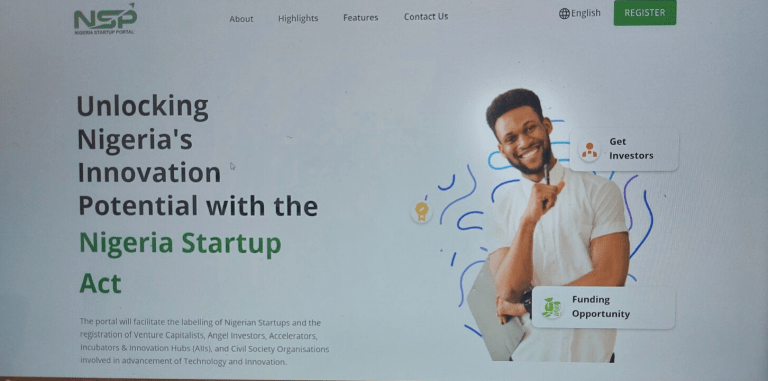MIT student develops a device that can search the entire internet using only his mind.

A Massachusetts Institute of Technology (MIT) student has developed a device that allows humans to speak with computers using their minds, and it is quite remarkable.
Arnav Kapur designed AlterEgo, a wearable headset that allows users to connect with technology without saying a word.
So, how does this work?
The device detects signals when the user hears or thinks of a specific word. This information is then transferred to machines that search the internet for the answer.
It’s kind of like having Google in your head, which is quite amazing.
Without speaking, typing, or doing anything else, the device may search the internet for the proper answer and relay it back to the inner ear via skull vibrations.
Apparently, the answer appears in a similar manner to a person’s internal voice, but without interfering with their ‘normal auditory experience’.
It can search for information, solve mathematical equations, and deliver solutions to a variety of questions.

“This enables a human-computer interaction that is subjectively experienced as completely internal to the human user—like speaking to one’s self,” according to the MIT Media Lab.
“… This enables user to transmit and receive streams of information to and from a computing device or any other person without any observable action, in discretion, without unplugging the user from her environment, without invading the user’s privacy.”
In a video of the device in operation, Kapur is asked to solve a tremendously tough math problem, which he achieves with ease.

He is then asked to name Bulgaria’s largest city as well as the region’s population, both of which he accurately replies.
Kapur said the intention is to have the entire internet in his head.
However, another goal is to assist persons with speech difficulties, such as those who have been diagnosed with neurological illnesses.
“A primary focus of this project is to help support communication for people with speech disorders including conditions like ALS (amyotrophic lateral sclerosis) and MS (multiple sclerosis),” the Massachusetts Institute of Technology said.
“Beyond that, the system has the potential to seamlessly integrate humans and computers – such that computing, the Internet, and AI would weave into our daily life as a ‘second self’ and augment our cognition and abilities.”
This is simply mind-blowing.







